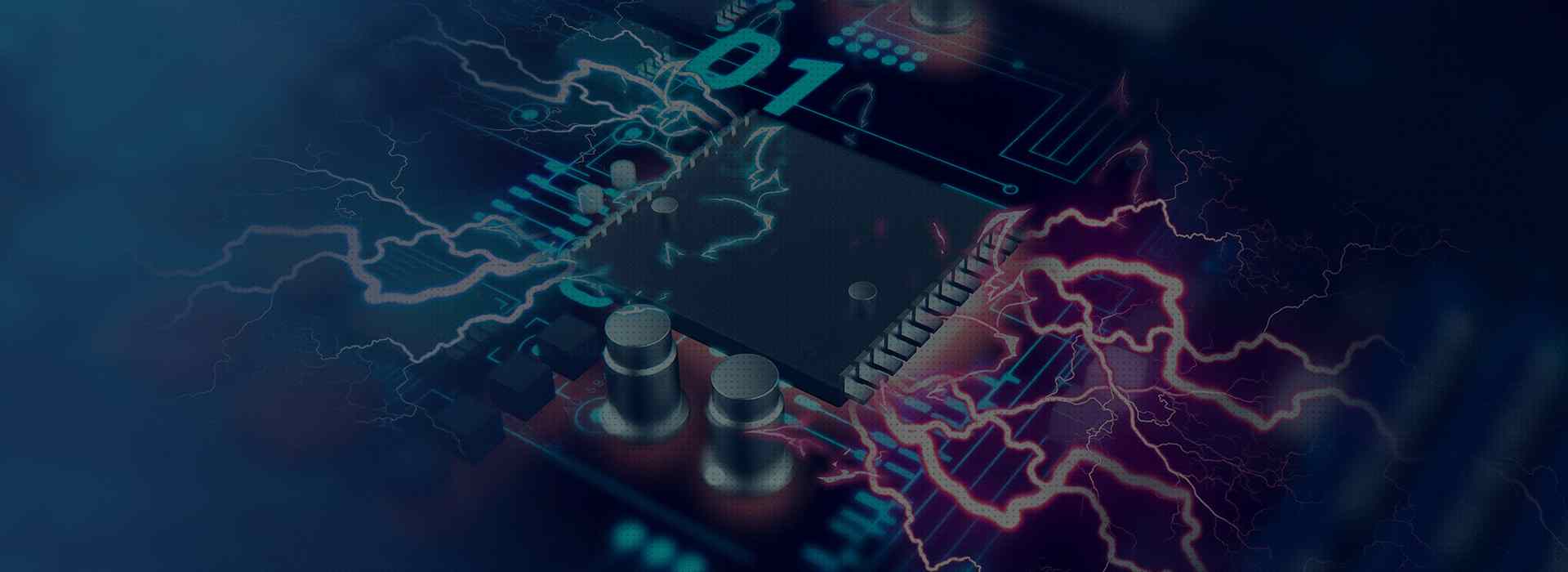Overview of ePTFE Membrane Composites
ePTFE (expanded polytetrafluoroethylene) membrane composites are advanced materials that combine an ePTFE membrane with other functional layers. The ePTFE base provides a microporous structure that allows gas and moisture permeability while acting as a barrier against contamination. Additional composite layers impart properties like strength, chemical resistance, and conductivity.
Key Properties of ePTFE Composites
- Microporosity – The ePTFE membrane contains billions of pores per square inch, allowing gas and moisture transfer. The pores are small enough to block contaminants.
- Chemical resistance – ePTFE exhibits broad chemical resistance, providing a stable base for composites. It is compatible with most solvents, acids, and bases.
- Strength – Reinforcing the ePTFE with a woven or nonwoven fabric creates a strong, durable composite. This allows thin, lightweight constructions.
- Conductivity – Adding conductive fillers like carbon or metal creates a conductive composite for EMI shielding and static charge dissipation.
- Heat sealability – Applying a thermoplastic coating enables heat-sealed seams, bonding the ePTFE to itself or other materials.
DeWAL Industries ePTFE Composites
DeWAL Industries is a leader in designing ePTFE composites for advanced applications. Their areas of expertise include:
High-Performance Filtration Media
DeWAL constructs ePTFE filtration media that flow smoothly, resist clogging, and provide absolute filtration. Example products:
- JetStream® – High flow coalescing media for aviation fuel filtration
- Ultipleat® High Flow – High capacity HEPA and ULPA filters with low pressure drop
Thermal and Electrical Insulation Materials
DeWAL’s insulating composites leverage the dielectric strength, low friction, and temperature resistance of ePTFE. Applications include:
- Wire and cable wraps – Insulates and protects fragile wire conductors
- Circuit board insulation – Allows denser PCB designs
- High temp insulation – Withstands over 260°C for convection ovens, heat shields, etc.
Sealing Materials and Gaskets
With coatings like thermoplastics, silicone, rubber, or acrylic, DeWAL produces ePTFE composites ideal for seals and gaskets. Benefits:
- Chemical and temperature resistance
- Low leakage
- Reduced friction and wear
- Door seals, pump diaphragms, gland seals
Membranes for Life Sciences
For medical devices and biopharma, DeWAL makes ePTFE membranes optimized for biological compatibility and sterilization. Uses include:
- Venting membranes – Allow air exchange while preventing contamination
- Material for implantable devices – Non-reactive and durable in vivo
- Cell culture – Porous support structure for cell growth
Frequently Asked Questions

What is ePTFE?
ePTFE stands for expanded polytetrafluoroethylene, a microporous fluoropolymer material made by stretching PTFE (TeflonTM) to create a web-like structure of nodes connected by fibrils. This creates a matrix with billions of pores per square inch.
How does ePTFE become a membrane composite?
The porous ePTFE membrane serves as a base layer. Additional functional layers can be applied to one or both sides of the ePTFE, forming a composite membrane. Layers may include fabrics, adhesives, thermoplastics, metals, etc.
What are some common applications of ePTFE composites?
Key uses include high-performance filtration, insulation for electrical wires and electronics, weather stripping and seals, breathable and waterproof linings for outdoor gear, and venting membranes for medical devices.
What industries utilize ePTFE membrane composites?
Major industries include medical, biopharmaceutical, food and beverage, electronics, automotive, aerospace, industrial manufacturing, and consumer products. ePTFE composites serve anywhere air and moisture exchange is needed.
What makes DeWAL Industries a leader in ePTFE composites?
Founded in 1963, DeWAL has deep experience developing innovative ePTFE composites. Their expertise includes polymeric chemistry, membrane science, and materials engineering. This allows them to create advanced composites optimized for each customer’s requirements.

Leave a Reply